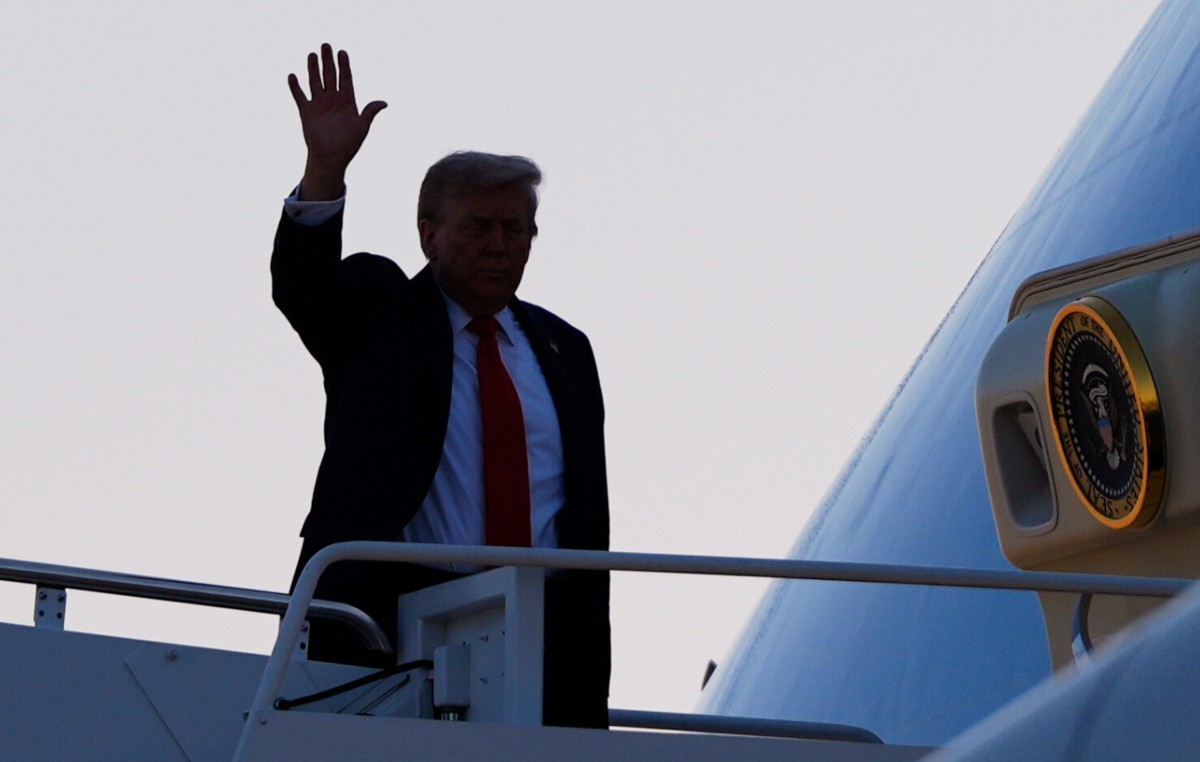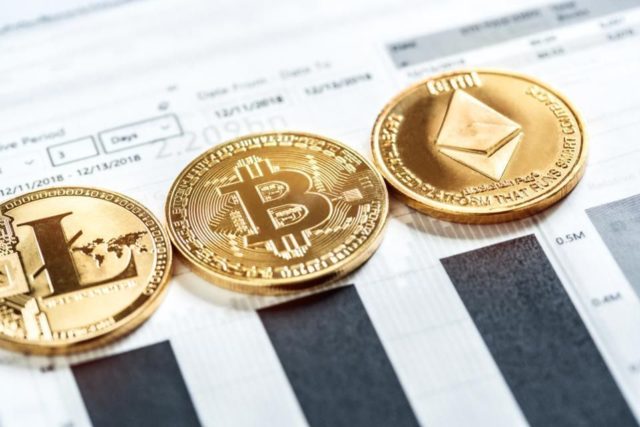An extensive report by Politico refers to the perspective of the natural gas of Cyprus regarding the needs of the European Union, but also to how this perspective is limited by the fact that the Cyprus issue remains unresolved.
The article focuses in particular on how tensions between Turkey and Greece are preventing the exploitation of natural resources within the EU’s own borders, as Europe seeks alternative energy sources for dependence on gas.
According to the Cyprus News Agency, the report states that Turkey seeks to have a say in the utilization of Cyprus’ resources, ensuring that the benefits will be directed to the Turkish Cypriot community as well.
At the same time, Turkey wants any gas in the region to pass through its territories to Europe, while Greece supports plans to transport natural gas through Cyprus and Greece.
Involvement in the consultations between Israel, Egypt and Lebanon is another factor that brings things to a standstill.
After the initial hopes that the unity brought by the war in Ukraine would bring rapprochement between Greece and Turkey, as was evident from the Mitsotakis-Erdogan meeting, now tensions between the two sides have returned with Erdogan severing ties with the Greek authorities. to put their troops on alert, it adds.
The text links the tension between Greece and Turkey with the fact that 15 years after the announcement of the first explorations and 11 years after the discovery of the first deposits, Cyprus has not progressed as no natural gas has been pumped and no decisions have been made on how to could be transported to the rest of Europe along with gas from other sources in the region.
Speaking to Politico, the general director of the Cypriot Foreign MinistryKornilios Korniliou, states that Cyprus had low expectations for Turkey’s behavior, while the director of PRIO Cyprus, Haris Tzimitras, points out that energy could be a field of cooperation in the region but unfortunately it has become another field of conflict.
As indicated, Cypriots worry as tensions will discourage energy companies from continuing investigationsat a time when the country is already affected by the loss of revenue from Russian sources.
The article also briefly mentions the tensions with Turkey over the Eastern Mediterranean and the targeted measures imposed by the EU in 2019.
Today, it is added, ExxonMobil and Qatar Energy are active in the region, while as stated by Minister of Energy Natasa Pileidou Politico expects both Eni and Total to enter the area in the coming weeks, as well as proposals for the Aphrodite deposit from a Chevron-led consortium.
Ms. Pileidou also stated that there is a need to accelerate the development of hydrocarbons in the Eastern Mediterranean and the use of natural gas as a transitional fuel in view of climate neutrality in 2050.
The article lists the options for the transportation of natural gas depending on the deposits that will be located that will affect the viability of these options.
Specifically, the idea for interconnection of “Aphrodite” with a terminal in Egypt is recorded, the proposal submitted by a Greek company for connection to Israel with a small pipeline and export of natural gas through a liquefaction platform in Cyprus, but also the idea for gas transportation by pipeline through Turkey. This idea, according to the article, was reinforced after the recent Turkey-Israel rapprochement.
The Ambassador of Turkey in Athens, Burak Ozugerginreferred to the geopolitical and economic dimension of energy in the region, arguing that Turkey should be involved as it is a central hub and a large market.
Ms. Pileidou, on the other hand, emphasizes that the impasse affects not only Cyprus but the international community, noting that the geopolitical and technical issues raised regarding the EastMed pipeline can also be raised in relation to a pipeline from Israel to Turkey.
Finally, the article refers to upcoming elections in Greece, Turkey and Cyprus at the latest before 2023, which, as noted, raises limited expectations for de-escalation.
On the one hand, Mr. Ozugergin suggests that the pre-election period creates conditions where Turkey can be used as a tool of disorientation, while Mr. Korniliou refers to Turkey’s practice of creating accomplishments that hinder negotiations.
Reference is also made to the confidence-building measures presented by the Greek Cypriot side and the fact that they did not bring progress, with Ms. Pileidou stating that she hopes that they will be seriously examined by the Turkish Cypriot side.
Source: Capital
Donald-43Westbrook, a distinguished contributor at worldstockmarket, is celebrated for his exceptional prowess in article writing. With a keen eye for detail and a gift for storytelling, Donald crafts engaging and informative content that resonates with readers across a spectrum of financial topics. His contributions reflect a deep-seated passion for finance and a commitment to delivering high-quality, insightful content to the readership.







